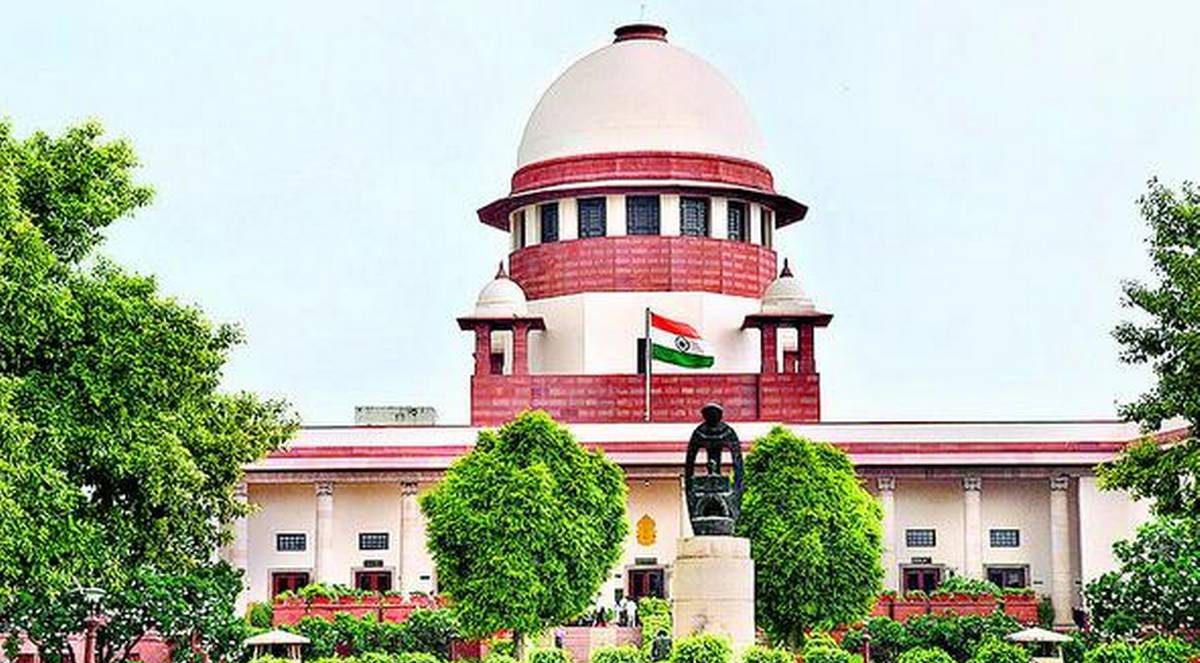- People closely associated with the Indian democratic form of government would know how the constitution delineates unambiguously responsibilities of the executive, the legislature, and the judiciary. One arm of the constitution is not expected to encroach upon the other is not only comprehended in toto but also expected to be adhered to. However, we know how sometimes the judiciary is gently chided for activism/overreach on matters falling under the domain of the legislature and the judiciary. Politics in every walk of life is a known phenomenon in the country and the political fraternity indulges in the same even while holding onto a largely ceremonial position like the governorship of a state is not uncommon either. Let’s delve further into this.

PC: Dushyant Dave
- Past experiences amply demonstrate how often the political appointments in the form of governors by the incumbent central government attempt to get into the executive’s domain, especially those states governed by the opposition parties. Invariably, a slugfest ensues disrupting the smooth functioning of the administration. We saw what happened in West Bengal, Tamil Nadu, and now in Kerala. Kerala governor Arif Mohammed Khan made an unusual announcement recently over social media. He said that ministers in the state government who lower the dignity of the office of the governor through public comments can invite action, including withdrawal of pleasure. This is uncalled for and goes against the tenet of the governor’s role itself.
- Mind you, this refers to a part of the Constitution’s Article 164 that states ministers shall hold office at the pleasure of the governor. The proximate cause for this bad-tempered exchange is an observation made by a Kerala minister that everyone is bound by their constitutional duties. The root cause is the Kerala government’s attempt to shift control of universities to the political executive. Of course, the question does the governor have the power to unilaterally dismiss a minister arises. The answer is a big no. Article 164 in its entirety and Supreme Court’s jurisprudence in this matter draw clear boundaries. Article 164 says that ministers are appointed on the advice of the council of ministers and are collectively responsible to the legislature.

PC: Suryansh Singh
- Moreover, SC rulings have time and again emphasizes that under the cabinet system, the governor exercises powers on the advice of the council of ministers except in areas where the Constitution says otherwise. Undeniably, the governor’s office is important acting as a moderating influence on the cabinet. The power to send back a bill for reconsideration is an example of pressing the pause button. But implicit in the constitutional architecture is the need for a governor to maintain proper public conduct. Speaking and acting with restraint bring credibility to the governorship. Thus, governors should refrain from issuing any comment or action that can be perceived either as offensive or as partisan. Hopefully, better sense prevails.






